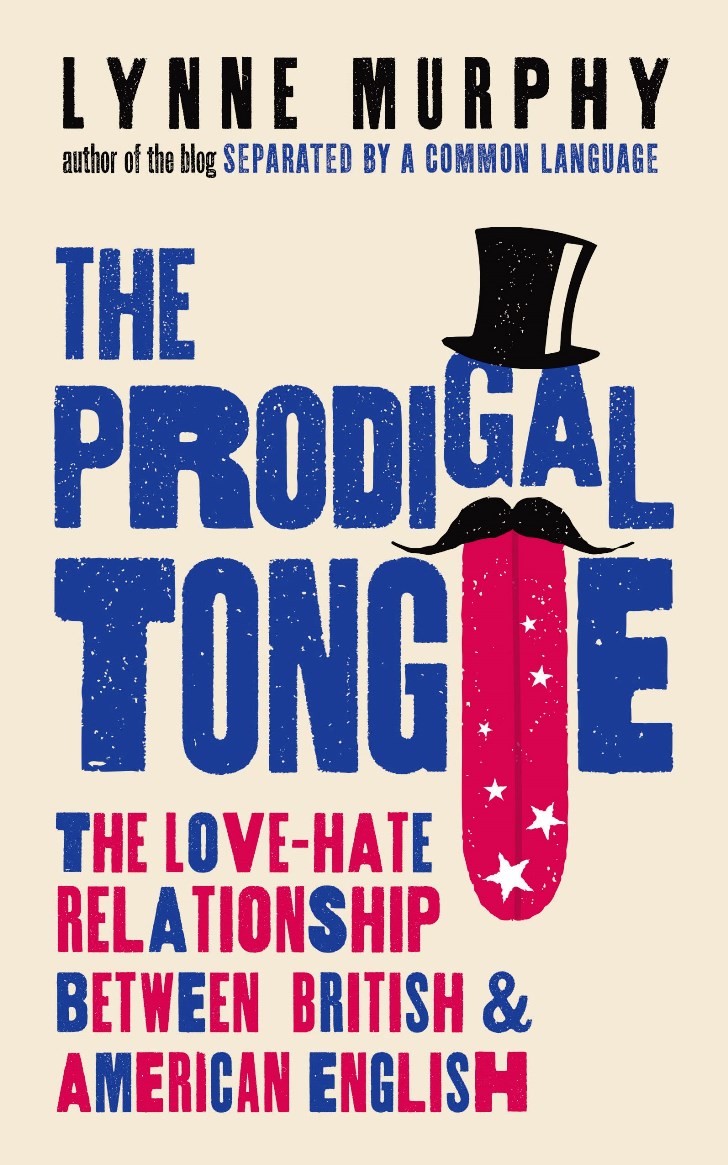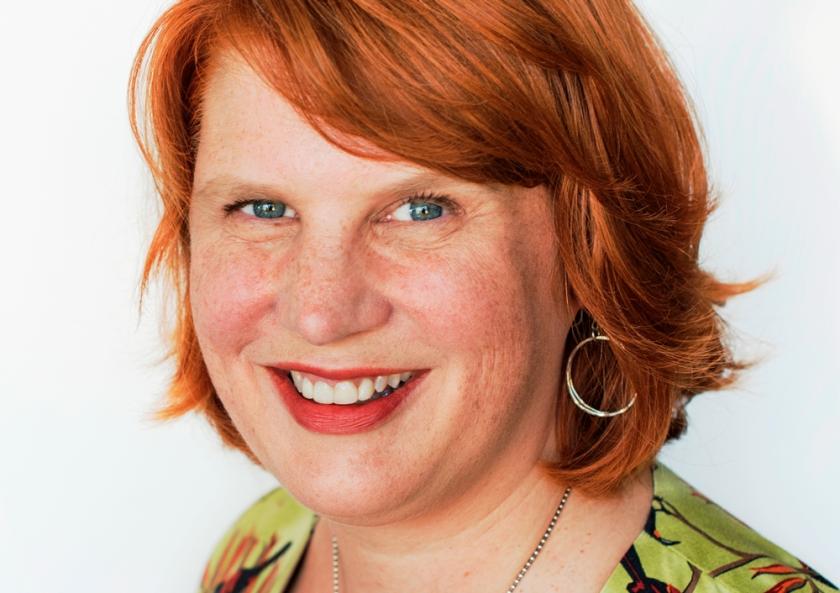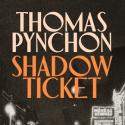For as long as I can remember, and long before I set foot in America for the first time at age 24, I have been intrigued by America – the “idea” of it, conjured up through music, and, as it turned out, the reality – and the common language which (depending on your point of view) binds us, or separates us. I’ve spent time in 10 of its major cities and, over the last three years, a great deal of time in New York where my (crazy to many British friends) proposal for an arts festival was welcomed, as was I – and by officials whose London equivalents would probably not have granted me the time of day. I like to think it’s the project (now set to roll) but perhaps, as Professor Lynne Murphy suggests, it’s my accent and the notion retained by many Americans that it makes us somehow “smarter”.
I love this book, which has the subtitle "The Love-Hate Relationship Between British & American English": it would make a great gift for friends from both countries, and I was consistently engaged throughout. Murphy, an American with dual nationality, is a professor of linguistics at the University of Sussex who blogs at separatedbyacommonlanguage and I bet she’s a great teacher, for her frame of reference is wonderfully wide (and includes sport though, like me, she lacks the sport gene apparently) and she writes with wit and flair, wearing her erudition lightly.
 The book examines not just language per se – the differences in spelling, pronunciation, meaning and so on – but prepositions, grammar, singular and plural nouns, and punctuation in the written language. I have often felt (and Murphy seems to bear me out) that the average well-educated American has more respect for, and ability with English than we British. “Whomsoever” is used frequently there but rarely here, for example, and the hosts of news programmes (at least those on CNN and MSNBC to which events mean I am glued during my visits) rarely use plural verbs with singular nouns. The BBC, and just about everyone else, by contrast gratingly insists “the government are”. The Economist Style Guide says there’s no firm rule but it always sounds wrong. (The M&S signs that until recently declared “Five items or less” were most definitely wrong, as are the road signs which these days often say “Advanced Warning”. But I digress…)
The book examines not just language per se – the differences in spelling, pronunciation, meaning and so on – but prepositions, grammar, singular and plural nouns, and punctuation in the written language. I have often felt (and Murphy seems to bear me out) that the average well-educated American has more respect for, and ability with English than we British. “Whomsoever” is used frequently there but rarely here, for example, and the hosts of news programmes (at least those on CNN and MSNBC to which events mean I am glued during my visits) rarely use plural verbs with singular nouns. The BBC, and just about everyone else, by contrast gratingly insists “the government are”. The Economist Style Guide says there’s no firm rule but it always sounds wrong. (The M&S signs that until recently declared “Five items or less” were most definitely wrong, as are the road signs which these days often say “Advanced Warning”. But I digress…)
True, there are irritations – awesome is high on the list – and many of them cross the Atlantic, but the traffic goes both ways and media assertions that American words are “infectious, destructive and virulent” (look at yourself, Daily Mail) are absurd, not least because, as Murphy points out, so many of them derive from British English (including bigly, used by Thomas Hardy, though the Murphy doesn’t engage with Trump’s unique way with language) and indeed might be regarded by some Brits as a touch old-fashioned. (I’m intrigued how many Americans still talk about “the stove” for example.) Some are more poetic: fall (as opposed to autumn), which is in Dr Johnson’s 1755 dictionary. As Murphy notes, New England’s spectacular leaf fall (as opposed to the yellowing and rapid dying-off of most British trees) means America has more to be poetic about. (We Brits do now remind ourselves of the clock change with “spring forward, fall back”.)
To some critics, American English seems excessively wordy and “added” prepositions cause much irritation. “Meet with” raises the particular ire of grumpy John Humphrys but the prepositional verb here serves to clarify: “I met the mayor before the ceremony” could mean a chance encounter en route, or a formal meeting at a pre-determined time. “Missing” prepositions can be equally irksome: “protest” rather than “protest against”, or “appeal a verdict” rather than “appeal against a verdict”. Not every preposition adds more meaning.
There are endless everyday differences, some of which we hardly notice: flies as opposed to fly (for zipper); scrambled egg and scrambled eggs; maths and math (both of course a contraction); ill and sick (the latter referring to a transient indisposition). For us in Britain a biscuit is baked and crunchy (hence the Jaffa Cake is not a biscuit), whereas for our American cousins cookies are usually squidgy while a biscuit is more like an English scone and is often served with steak and gravy. While NHS alerts ask Brits to beware blood in “pee or poo”, Americans are told to check their “urine and stools”. It is we who have become infantilised, it would appear.
Spelling… well technology has, over the last couple of decades scrambled that, our Spellchecks endeavouring to change every -ise to an -ize, not always correctly – though the z suffix was very prevalent in 19th century Britain. As for theater, center et al – it was old Noah Webster who encouraged Americans to slough off French-originated spellings. The -or and -our divide Murphy sees as “the mascot for American – British linguistic differences”.
The book's a swell read – check it out!
- The Prodigal Tongue by Lynne Murphy (Oneworld, £16.99)
- Read more book reviews on theartsdesk















Add comment